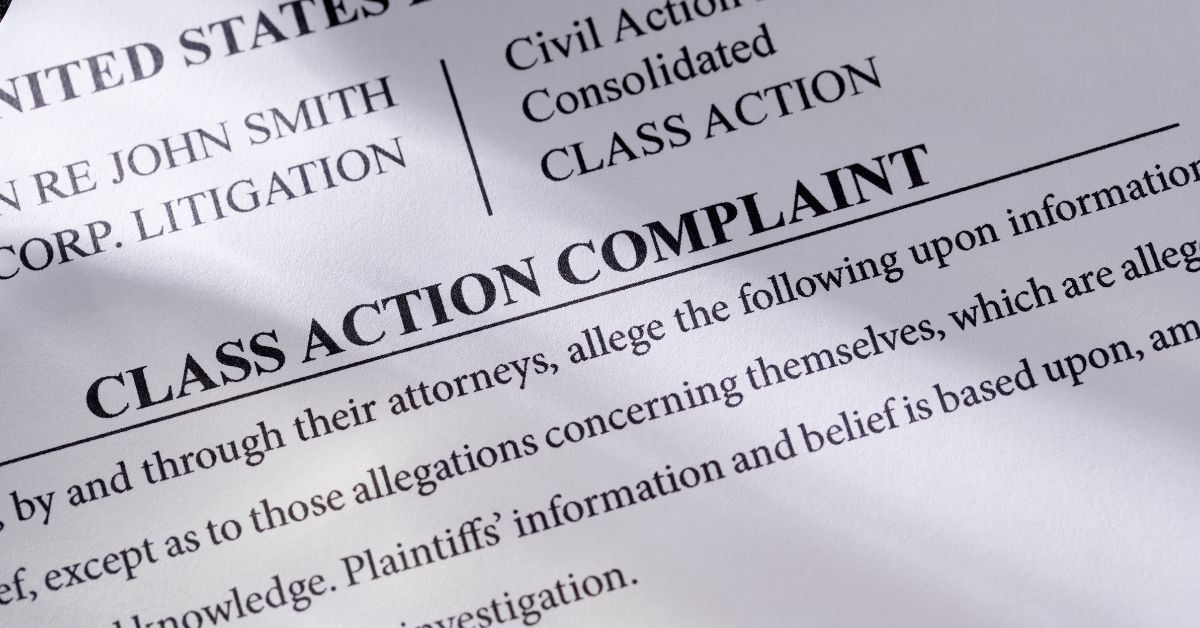When Is A Written Boating Accident Report Required
When Is A Written Boating Accident Report Required Boating offers a delightful way to soak up the outdoors, especially during the spring and summer. While it brings joy, it also carries risks, and boat accidents are not uncommon. After a boat collision, there are crucial steps to take, and a pressing question often arises: “When is it obligatory to file a written boating accident report?” Typically, if the circumstances of your accident demand reporting, you have a mere 48-hour window to do so.
Understanding the Boat Accident Report:
Following a boating accident, you might need to complete and submit a boat accident report, contingent on the accident’s specifics. This report encompasses vital details about the collision, such as:
- Names and contact information of the involved parties.
- Information about the vessels.
- Details regarding insurance.
- The precise time and location of the accident.
- Environmental conditions at the time of the collision, including weather, water conditions, and visibility.
- Estimated speed during the accident.
- The accident’s root cause.
- The extent of damage and injuries incurred.
Moreover, individuals involved in the accident, particularly the at-fault party, have specific responsibilities, including:
- Stopping and staying at the accident scene.
- Providing assistance when necessary.
- Collecting important information.
- Exchanging details with the other party.
Boat accident reports serve several purposes, notably aiding your quest for compensation in the event of injuries sustained during the collision.
When is a Written Boating Accident Report Mandatory?
Formally reporting a boat accident becomes obligatory under specific circumstances. If your accident falls into any of the following categories, federal law mandates reporting:
- A fatality.
- Injuries requiring medical treatment beyond basic first aid.
- An individual going missing from the vessel, signifying severe injury or death.
- Property or boat damage exceeding $2,000.
- Destruction of a vessel.
If your boat accident proves minor and none of these criteria apply, you are not required to file a report. However, the law compels you to report the accident if it is more serious.
The Timeframe for Filing Your Boat Accident Report:
In addition to comprehending when a written boating accident report is necessary, you must be aware of the timeline for submission. Boating accidents afford only a limited window for reporting.
For accidents falling within the qualifying circumstances, you have a mere 48 hours to submit your boat accident report. However, if earlier reporting is not imperative, you have ten days to report any death or accident-related incidents.
You can report a boat accident to the local police or the state reporting authority, or alternatively, you can complete and send a Recreational Boating Accident Report form provided by the U.S. Coast Guard.
Consequences of Failing to File an Accident Report After a Boat Collision:
Neglecting to file a boat accident report when required can result in repercussions. Generally, evading such a report is a misdemeanor, carrying penalties that may vary but often include fines and potential jail time.
Leaving the scene of a boat accident is also unlawful and can lead to additional penalties.
Common Causes of Most Boating Accidents:
Boat accidents stem from various causes, but negligence by boaters is a common factor. Some frequent causes of boat collisions include:
- Distraction of the operator.
- Operating a vessel under the influence of alcohol or drugs.
- Failure to maintain a proper lookout.
- Insufficient operator training or experience.
- Speeding.
If you find yourself in a boating accident with injuries, it is advisable to consult with a boat accident attorney promptly to determine the appropriate course of action for your claim.
Read More : What Happens If You Don’T Exchange Information After An Accident
Injuries Resulting from Boat Accidents:
If you are pondering the necessity of a written boating accident report, it is crucial to understand that such a report is absolutely required when injuries are involved.
The types of injuries resulting from boating accidents often hinge on the collision’s cause and the subsequent accident. Common injuries suffered by boat accident victims may include:
- Traumatic brain injuries.
- Spinal cord injuries.
- Paralysis.
- Cuts and lacerations.
- Burns.
- Internal injuries.
Tragically, some boating accidents lead to fatalities. In such cases, if you have lost a loved one due to a boat collision, you may be entitled to pursue compensation for your untimely loss by filing a wrongful death claim, with guidance from a boat accident attorney.
Do You Retain Rights if You Sustained Injuries in a Boat Collision?
Indeed, if you have suffered injuries in a boating accident, you have the right to seek monetary compensation.
Boat accidents frequently result from negligent operation. When another party’s negligence leads to your injuries, you can pursue justice and compensation for the physical harm, mental distress, and financial losses stemming from the collision.
A qualified boat accident attorney can offer the best legal counsel and support, safeguarding your rights throughout the process.
Read More : What Is A Volunteer Solicitor
Following a Boat Accident, Act Promptly and Seek Counsel from a Boat Accident Lawyer:
If you are unsure about the necessity of filing a written boating accident report, do not delay in consulting a competent attorney if you are involved in a boating accident. The accident lawyers at The Joel Bieber Firm stand ready to deliver exceptional representation as you pursue monetary recovery. Following a boating accident, reach out to us without delay to request your complimentary consultation.





